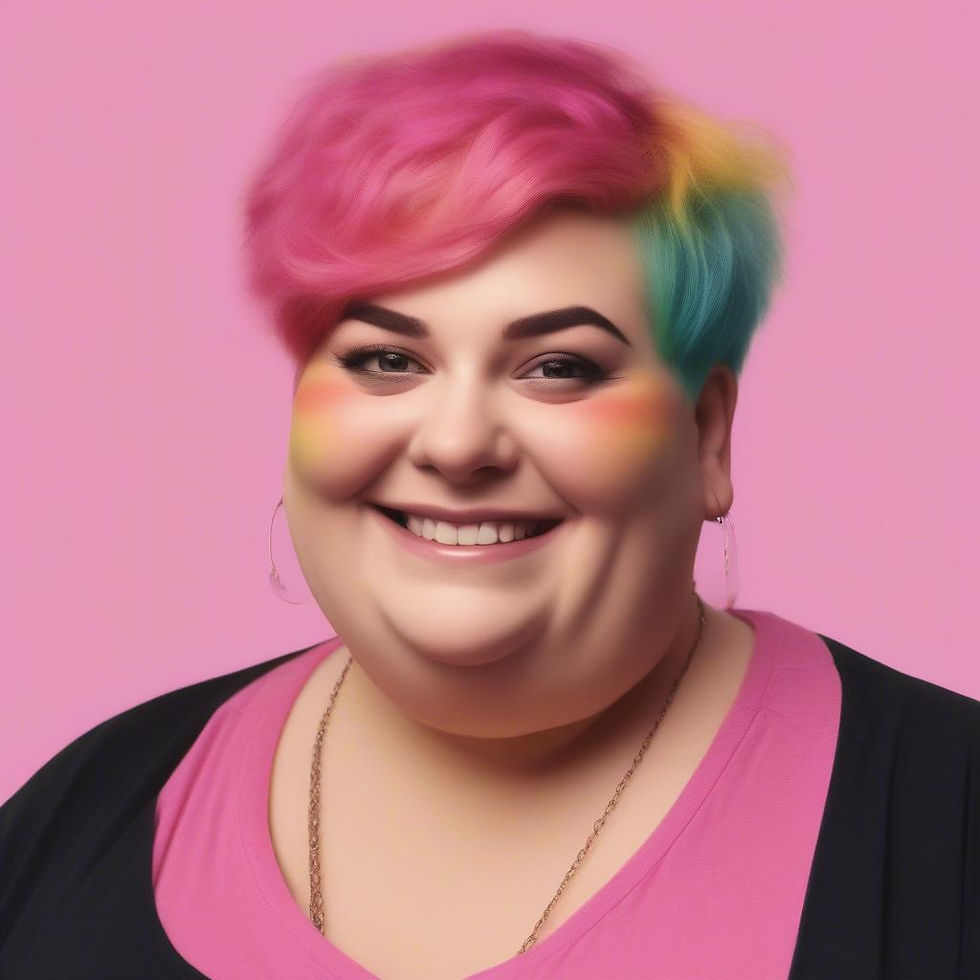Woke Activisim in Publishing
- Jason Guinn
- Jul 23, 2024
- 3 min read
In recent years, the publishing world has become a battleground where literary freedom and artistic expression principles clash with the rising tide of woke activism. Once a sanctuary for diverse ideas and creative exploration, the industry now finds itself increasingly under the sway of ideological agents who prioritize political correctness over genuine literary merit. And the end result – the slow strangulation of the publishing world and the slow death of books.
Under the guise of promoting inclusivity and social justice, Woke activism has insidiously infiltrated every aspect of the publishing process, like cancer. From acquisition decisions to editorial choices and even marketing strategies, the agenda-driven agents of this movement wield significant influence. They advocate not for diverse perspectives and thought-provoking content but for adherence to their narrow, often censorious worldview. It’s not only pathetic to see how this nonsense is on the rise, but also the complete failure of the agents and publishers themselves who celebrate their wokeness while sales continue declining. Yeah, you're the champions of virtue playing the world's smallest violin as the ship sinks. What's funny - is they should no better. This cancerous way of thinking has already gutted the comic book industry and destroyed Disney and Hollywood. It's also begun to creep into video games, which now make ugly female characters to appease fat cat ladies who weren't going to buy the video game anyway.

One of the most damaging effects of this trend is the stifling of dissenting voices and controversial ideas. Authors who dare to explore contentious subjects or challenge prevailing social norms risk being ostracized or denied publication. This chilling effect is detrimental to individual creativity and the essence of intellectual discourse, which thrives on the clash of ideas and perspectives. In a world where diversity is king, the story dies for the falsehood of inclusion and acceptance. Basically, these woke agents are putting a gun to their own heads, knowing it’s loaded and not caring.
Moreover, woke activism tends to prioritize identity politics over literary quality. Manuscripts are evaluated not solely on their narrative strength or originality but on whether they conform to specific ideological criteria. This results in a homogenization of literature, where works that do not align with the prevailing ideological trends are marginalized or excluded. The only thing publishers and agents should be looking for is the next great book, no matter the color or sexual orientation of the author. There was a time when this didn't happen, but sadly, those days are dead and left along the roadside to rot in the summer heat.
The consequences extend beyond individual authors to affect readers as well. As publishers increasingly pander to the demands of woke activists, readers are deprived of the opportunity to engage with a wide range of perspectives and ideas. The richness and diversity that once defined the literary landscape are diminished, replaced by a sanitized version of literature that reflects only a fraction of human experience. I remember reading one agent openly requesting a gay romance set against the backdrop of WWII. Who wants this book? Not historians, not historical fiction nerds – hell, not even LBGTQ would like to read that book. It will be DOA.
Critics of woke activism within the publishing industry argue that it undermines the very principles it claims to champion. True inclusivity, they contend, should encompass a broad spectrum of voices, including those that challenge or provoke. By imposing rigid ideological constraints, woke activists risk turning literature into a propaganda tools rather than a vehicle for exploration and understanding.
Fortunately, resistance to this trend is growing. Authors, readers, and even some publishers are pushing back against the dominance of woke activism, advocating for a return to a more open and inclusive literary environment. They emphasize the importance of artistic freedom, where authors can explore any subject matter without fear of ideological reprisal. This is where Battered Brains comes into the fray, and we’re ready to fight.

In conclusion, the publishing industry stands at a crossroads. Will it continue down the path of ideological conformity, sacrificing artistic integrity in the name of political correctness? Or will it reaffirm its commitment to literary freedom, embracing the diverse and sometimes challenging voices that enrich our cultural landscape? The future of literature depends on the choices made in the present moment. If we continue down this path, stories are dead, and books won't be worth saving.



Comments